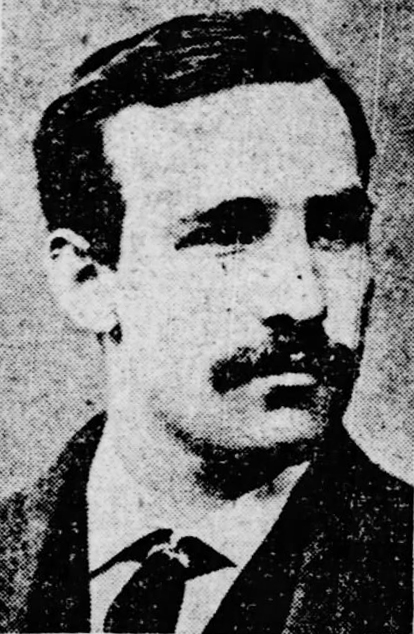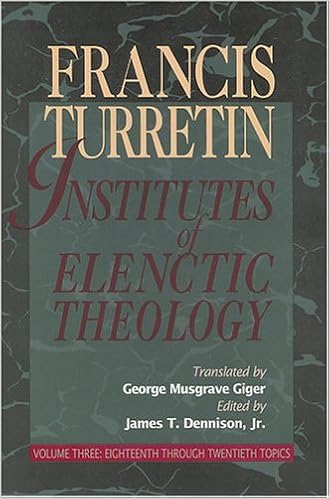C. M. Sheffield
Puritan Board Graduate

David Schley Schaff
(1852-1941)
“In the teachings of Thomas Aquinas we have, with one or two exceptions the doctrinal tenets of the Latin Church in their perfect exposition as we have them in the Decrees of the Council of Trent in their final statement... The theology of the Angelic Doctor and the theology of the Roman Catholic Church are identical in all particulars except the immaculate conception... He who understands Thomas understands the mediaeval theology at its best and will be in possession of the doctrinal system of the Roman Church.”
David S. Schaff in Phillip Schaff's History of the Christian Church, Grand Rapids: Eerdmans, (1960 reproduction of the 1907 edition), Vol. 5, pp. 662, 675, 754.







